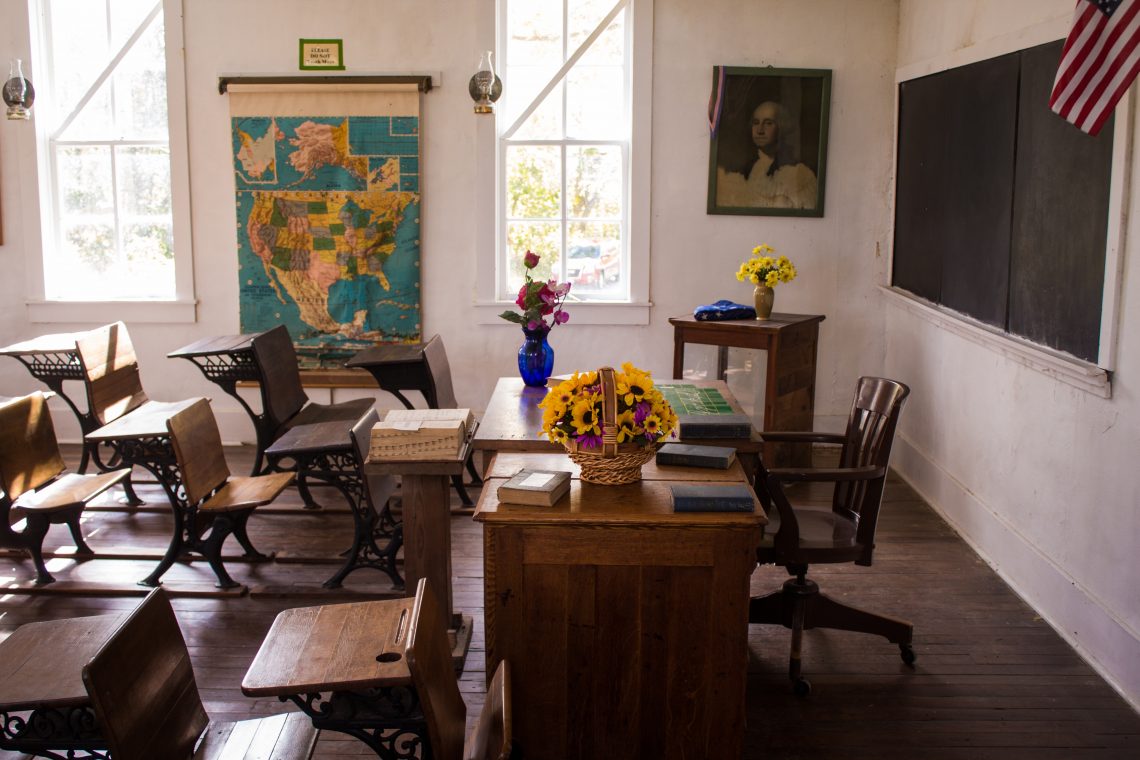
My Teaching Philosophy
I believe that students deserve to have a classroom that revolves around their complete success. They should enter my classroom and know that they are valued and loved. They should know that their willingness to take social, emotional, or academic risks is appreciated and will be validated by their teacher. I believe that in order for the environment to be able to cater to the whole child, I must be willing to give constant feedback. I will not engage in marking up their papers with red pens, but I will congratulate them on their strengths and have one on one conversations with them about areas of improvement and personal goals they have set for their own lives. I want them to know that I support them in their goals and want to aid them in getting to a place where they can achieve those goals.
I believe that critical thinking and life application are also important in setting a child up for success. No child wakes up saying that they want to be poor or homeless. However, for many students in the United States and in other places around the world that is their reality. I want students to be able to realize that their present state doesn’t have to define their future. So, by utilizing real-world examples, students will be able to see themselves represented in texts and have role models that they can look up to. The students will also be encouraged to ask difficult questions and take personal ownership of their own education. These skills will allow them to self correct their own mistakes and cultivate an attitude of independence and curiosity that can follow them as they grow up.
I believe that utilizing multiple methods of instruction is important within the classroom so that no student gets left behind. While it is normal for most educators to talk at the students, I believe that when students are actively engaged in the learning process they value the knowledge they acquire more. Auditory learners may enjoy just hearing the instructions once or twice before beginning a project, but visual learners may need to see the steps outlined in pictures or words and kinesthetic learners may need to utilize various manipulatives to grasp a concept. By consistently using all three over the course of time and even asking students which way works best for them, I am able to ensure that students have the knowledge they need as they continue their educational career.
I believe that an open line of communication with the guardians of my students is essential for student success. Part of the function of a school is to reinforce societal values. In order for me to ensure that the needs of the child are being met, I need to hear from the people who know the child best. I do not want to only speak to the guardian when things seem to be bad for the student, but I want them to be able to celebrate the small victories of their scholar right alongside them. I want to send home weekly updates that outline the child’s social, emotional, and academic strengths and weaknesses. Building support all the way around is likely to encourage the student to value their education and the doors it can open for them.
Lastly, I believe that I am a life long learner. I am willing to take feedback from the administration, my students, and their families. I feel that the only way my students will be likely to take risks is if they have an example of a healthy risk-taker in front of them each and every day. I want to show up and always give each lesson my best effort, and acknowledge when things have been done improperly or could have gone better. I also want to allow my students to have the space to teach me as well whether that is teaching my own lesson back to me or just allowing me to learn about the various identities they bring into the classroom. All of this knowledge will help me to better serve them and classes that follow.


You May Also Like

